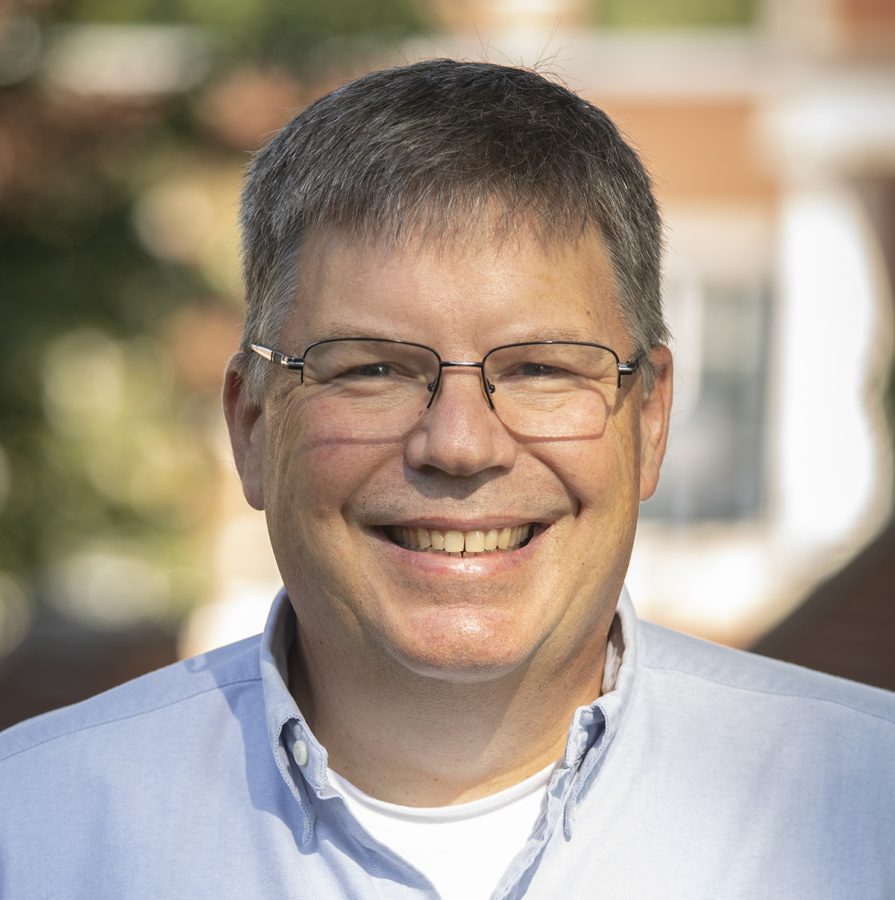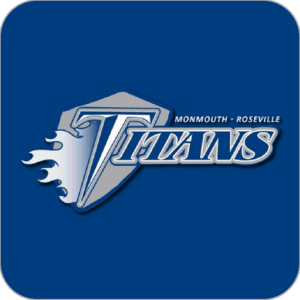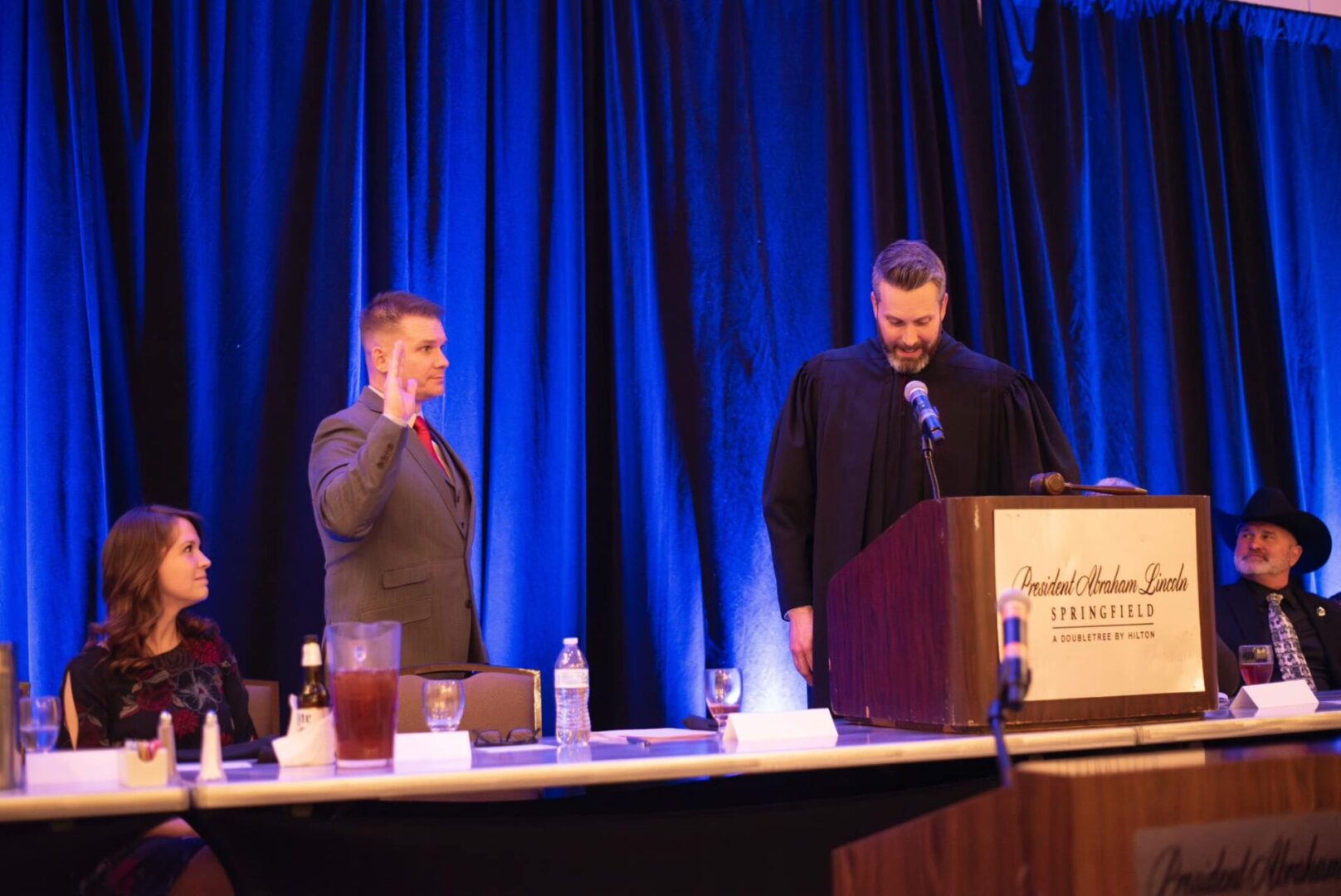Monmouth College already provides its educational studies majors with personalized support to help them grow and develop into teachers who are effective classroom leaders.
The addition of two new licensure programs – one in health education and one in science education – will make the College’s teacher preparation even more distinctive. Both programs were recently approved by the Illinois State Board of Education.
“The health education one is really unique for us because we’re one of four institutions in the state of Illinois that have the ability now to license teachers as health educators as a standalone project,” said educational studies professor Tom Sargent.
Sargent said that most of the time, health education licensure is combined with physical education licensure.
“It’s a great opportunity for our students and makes us a little more marketable in the overall system because we have the ability now to attract those individuals to our institution who really just want to be in the classroom” and not teach physical education.
Sargent said the new licensure program for science education majors will allow teachers to be licensed in biology, chemistry or physics.
“It’s a true integrated science program where they get content courses in all three areas, and then they take a concentration in one area,” he said.
Sargent said that science education majors will then enter the field and be able to teach advanced placement courses and honors courses.
“This is what science educators should look like from our institution – having that blend of all three sciences, as well as their concentration area,” as opposed to having just area they majored in at Monmouth, said Sargent, who noted there is a big demand for science teachers in area schools.
“In our local area, in May, after the school year ended, all of our area schools were looking for science teachers,” he said. “There wasn’t a district out there that didn’t have a need for a science teacher this past spring, and it still continues today. There’s still a large demand for that.”
Advantages beyond new licensure
Sargent said the new licensure programs add to what is already a strong foundation for developing teachers.
“One of the advantages of having an education degree from Monmouth College is that we’re a small program, and we’re able to work with candidates and support them in their variety of needs as they grow and develop through the process of taking academic coursework and experiences out in the schools,” he said.
Venturing out into real-world classrooms is a learning experience that Sargent said starts early for Monmouth students.
“They’re very frequent and extensive,” he said. “Most of our candidates in our secondary education programs are clocking about 200 hours before they do their student teaching.”
Sargent and his department colleagues are pleased not only by the developments at Monmouth College, but by what they’re observing around the state.
“We’re seeing a great increase to the number of candidates who are interested,” said Sargent. “That’s happening across the state of Illinois. A number of students are truly interested in becoming teachers. We’re really happy about our numbers and the direction we’re going. We know that there is a shortage of teachers in the schools, and that’s something we’re trying to address,” especially through initiatives focused on developing teachers for rural districts.
***Courtesy of Barry McNamara, Monmouth College***















